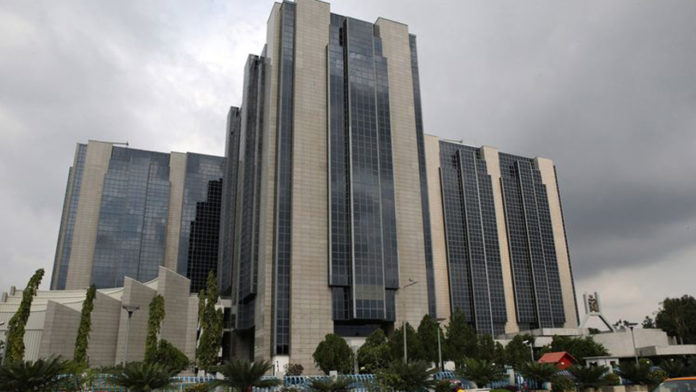Financial experts across the country have welcomed the $2.5billion currency swap curdeal signed by the Central Bank of Nigeria (CBN) and the People’s Bank of China (PBoc.) The deal, which is aimed at enhancing foreign reserve management and facilitating trade between the two countries, was signed in Beijing on Friday, April 27, by Governor of the CBN, Mr. Godwin Emefiele, and PBoC Governor, Dr. Yi Gang, according to a statement released by CBN spokesman, Mr. Isaac Okorafor, yesterday.
The CBN said it had been in discussions with China on the deal for more than two years, adding that Nigeria is the third African nation to agree a currency swap deal with China. Reacting to the deal in a chat with New Telegraph,Managing Director/Chief Executive Officer, Bic Consultancy Services, Dr Boniface Chizea, said the arrangement was a positive development as it would provide adequate local curdearency liquidity to Nigerian and Chinese companies, thereby boosting trade between both countries. He said: “The deal will help to eliminate the challenges associated with having to use a third currency. It is not like the CBN will start providing cash to businesses but there will be something like a book keeping arrangement in which the CBN will keep a record of the yuan (Chinese currency) requests of Nigerians.
Another advantage of the deal is that it will further improve our foreign exchange reserves because with the opportunity to access yuan directly from the CBN, there will be less demand for dollars.”
He, however, pointed out that the deal could face challenges with regard to clarity about the exchange rate that would be used for transactions and the risk that it could further put China at an advantage over Nigeria in terms of trade between both countries. Also, Developmental Economist, Mr. Odillim Enwagbara, said:”Currency brings to an end multiple exchange rates from naira to dollars and dollars to yuan. This reduces the current high cost of transaction associated with dollar as the world’s de facto reserve currency since the swap arrangement bypasses the dollar”.
Similarly, former Unity Bank MD, Rislanudeen Mohammed,said:”In the context of minimizing concentration risk of having our foreign exchange denominated in United States dollar alone, this is a positive development. Secondly, in view of our huge imports from China, this agreement will help in reducing time as well as transaction cost by eliminating third party currency deals.
However, there is no impact on the economy as far as the balance sheet of central bank is concerned.” Managing Director, Crane Securities, Mr. Mike Eze, also welcomed the deal
. He said: “The deal is in line with the Federal Government’s desire to attract foreign investment. This will definitely boost our economy.” “By the time you study the nitty-gritty of the deal, you will realise that it also favours Nigeria,” he stated. But prominent economist and Chief Executive Officer, Financial Derivatives Company, Limited, Mr. Bismarck Rewane, argued that the deal would have no significant impact on the economy.
He said: “There is no difference. As far as I’m concerned, the difference is between 6 and half a dozen. If it is a currency swap, why is it denominated in dollars? The reason is that you will have to sell your oil to earn dollars, which you will use to buy yuan. So, there is no difference.”
The CBN had stated in its statement that the transaction, which is valued at Renminbi (RMB) 16 billion, (about $2.5billion), is aimed at providing adequate local currency liquidity to Nigerian and Chinese industrialists and other businesses, thereby reducing the difficulties encountered in the search for third currencies.
It explained: “With the operationalisation of this agreement, it will be easier for most Nigerian manufacturers, especially Small and Medium Enterprises (SMEs) and cottage industries in manufacturing and export businesses to import raw materials, spare-parts and simple machinery to undertake their businesses by taking advantage of available RMB liquidity from Nigerian banks without being exposed to the difficulties of seeking other scare foreign currencies.
It would be recalled that Nigeria added the yuan as part of its foreign reserve in 2011 and agreed a swap deal with Industrial and Commercial Bank of China Ltd (ICBC), the world’s biggest lender in 2016 as part of strategies to reduce the huge dollar demand and pressure on the local currency at the time. China has yuan swap arrangements with over 28 countries worldwide, including Britain and Germany.
.NEW TELEGRAPH














